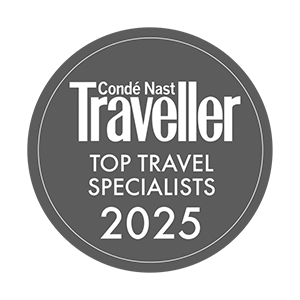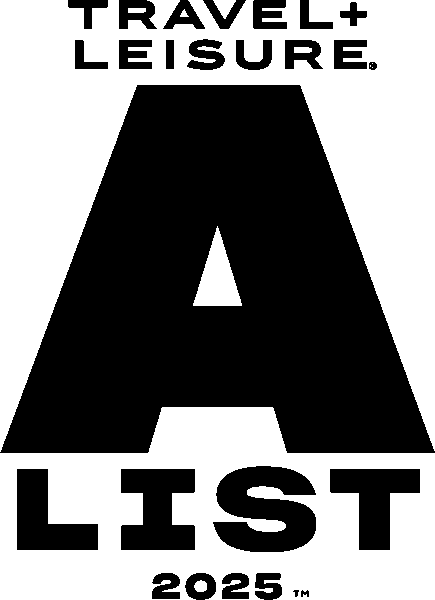Festival Season in Peru
June through September marks festival season in Peru, an especially vibrant time in which you’ll find large-scale festivities and celebrations in cities across the country. Here are some of the most notable festivities of the season, and how to experience them to the fullest. Festival Season Kicks off in Peru Festivity of the Señor de […]







